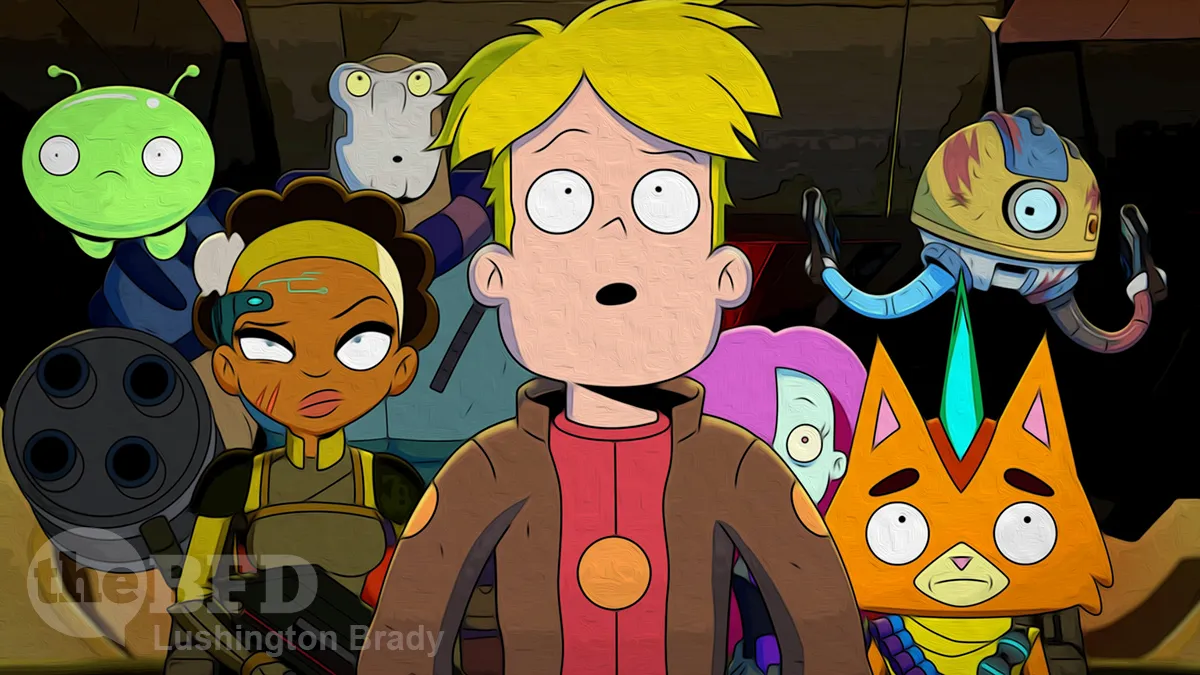Table of Contents
There was a memory hole in the opposite wall. O’Brien lifted the grating. Unseen, the frail slip of paper was whirling away on the current of warm air; it was vanishing in a flash of flame. O’Brien turned away from the wall.
“Ashes,” he said. “Not even identifiable ashes. Dust. It does not exist. It never existed.”
George Orwell, 1984.
There’s been a lot of confected fuss about “banning books” lately. Most of it is self-serving bullshit, of course: removing a book from a class reading list isn’t “banning” it. But there is some truth to the fuss – even if the loudest fuss-makers are on the same side as the actual book-banners.
Throwing books on the fire might make for grim authoritarian political theatre, but there are more ways than one to ban a book. One of the most thorough is to not just remove it from library shelves and bookstores, but from publication altogether.
But in the digital age, the book-banning possibilities are beyond a 20th century dictator’s wildest dreams.
Bibliophiles were alarmed, some years ago, when an e-book retailer went far further than removing an e-book from its online store – all copies already downloaded to users’ devices were remotely deleted, too. In an extraordinary demonstration of the Digital Memory Hole, the book simply ceased to be.
The retailer was, of course, global e-publishing behemoth, Amazon. And the book? In a stunning twist of historical irony, George Orwell’s 1984.
As it happens, the reason for memory-holing this particular e-book was not some sinister Orwellian plot, but a simple copyright issue. The edition in question was an unauthorised publication.
Nonetheless, the incident was an alarming premonition of just how thoroughly information can be controlled by the powers-that-be in a digital world. If an entire book can simply disappear – It does not exist. It never existed – why not political pamphlets? Blogs? Websites? News items?
In the pre-digital era, even withdrawn media could continue a ghostly existence. When George Lucas ordered all copies of the execrable Star Wars Holiday Special recalled and destroyed, fan-copied VHS and then DVDs were widely circulated as bootlegs. When Melbourne punk group I Spit On Your Gravy’s album was confiscated by the Vice Squad in 1984, I easily got a copy under the counter.
Say farewell to all that. In the digital era of downloads and streaming, more and more media is simply vanishing as if it never existed. Not even unidentifiable ashes left.
Warner Bros Discovery appears to be continuing its controversial tactic of erasing its own content in order to qualify for tax incentives, with the well-regarded Final Space animated series being completely buried by the company. According to the above statement by Final Space creator and star Olan Rogers, Warner Bros Discovery has decided to allow the streaming rights to expire and when it is removed from Netflix, not release it in any form again. The company has also ceased production of physical media like DVDs for the first two seasons of Final Space, and DVDs for the third season apparently were never made in the first place.
I have to admit to never watching Final Space. Now I’ll never get the chance. Maybe it’s just a minor SF-comedy cartoon – but it might have been the greatest masterpiece in the history of cinema. Imagine if MGM decided to delete all streaming of 2001: A Space Odyssey and cease manufacturing DVDs.
Or imagine that it was a damning documentary exposing a corrupt politician. Say, one with likely criminal financial ties to foreign regimes and a son with multiple illegal drug and sexual habits.
This will make Final Space yet another casualty in the abrupt change in Warner Bros Discovery’s business direction, which appears to be focusing on maximizing tax loopholes as a form of decreasing expenditures on things like, say, animated or live-action scripted content. By far, the most well-known project to be canceled by the company is the Batgirl movie […] while it was initially implied that Batgirl had been canceled and shelved, sight-unseen, due to negative fan reaction to early screenings, it is generally accepted now that it was so the unreleased movie could be claimed as a financial loss and thus a tax write-off.
Sure, the motive here is grubby business shenanigans rather than sinister political machinations – but that doesn’t matter. What Amazon and Warner Bros Discovery are demonstrating, for those who care to see, is just what can be done by those in power.
Final Space will no longer be available to find online and, unless one already owns the physical media that has been produced so far, will become increasingly difficult for fans and potential fans to find otherwise.
Giant Freakin Robot
Now apply that to political agitators or independent journalists.
They’re not even hiding what they can do to control information in the digital age.









